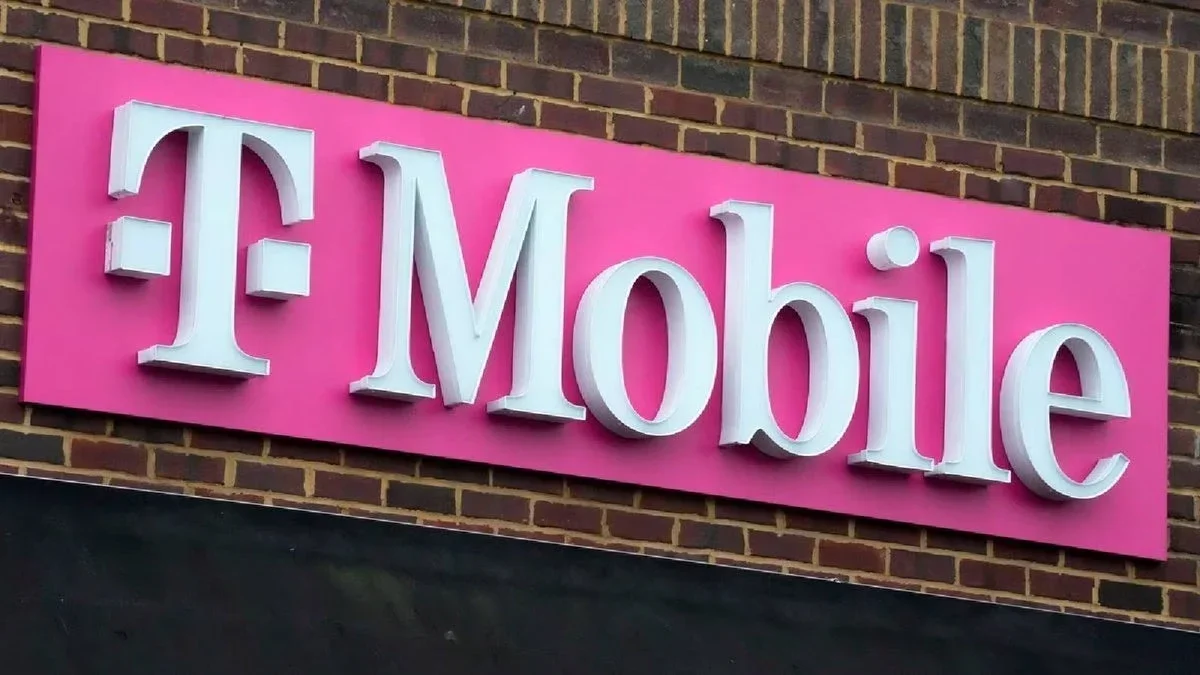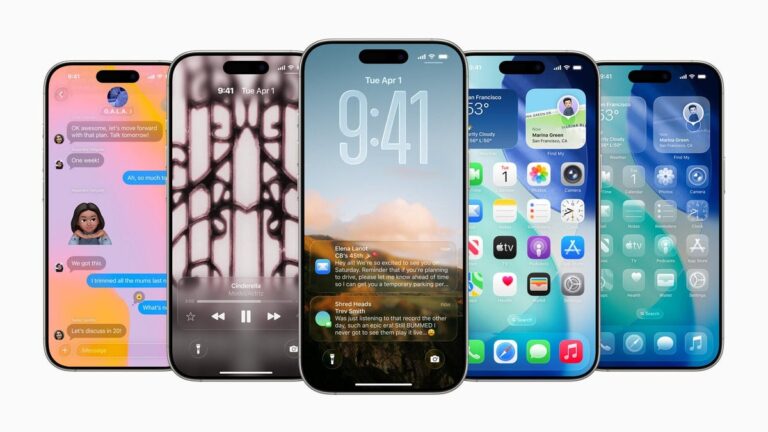T-Mobile boss makes grandiose 6G predictions, but is Europe even included?
Just the other day, Ulf Ewaldsson, the chief technology officer of T-Mobile, made a huge Starlink announcement (while celebrating another 5G win over AT&T and Verizon) that we told you about.
Ulf has a thing or two to say about 6G, and it’s not some distant future we’re talking about here; no – the discussed timeframe is 2030!
By the end of the decade we will have 6G, and 6G will have maybe 100 times more data usage than what we envisioned, lower than one millisecond latency and perhaps 500 billion connected devices globally. Artificially intelligent and intent-based, the 6G network will react immediately to any user’s service needs like a personal valet. It will create maybe $10 trillion of economic value.
– Ulf Ewaldsson, CTO of T-Mobile at a presentation in Copenhagen, June 2025.
His vision reflects growing US ambition in the race toward 6G, one that seems increasingly divorced from the more restrained stance taken by European operators.China Mobile’s executive vice president, Li Huidi, also highlighted cutting-edge features like integrated sensing and communication (ISAC), which would allow networks to detect and interpret their physical surroundings. To lay the groundwork, China Mobile is rapidly deploying 5G-Advanced, with around 50,000 sites already capable of delivering peak speeds of 4.2 Gbit/s. I personally find that 5G is great for what I do on a day-to-day basis, but I can’t deny these are some impressive numbers.
Many of the Old Continent’s telecom leaders are still grappling with the costs and complexities of 5G and are reluctant to embrace another disruptive hardware overhaul. Groups representing largely European interests argue that 6G should not be a new generation at all, but rather an evolution of 5G. Their focus remains firmly on AI-driven automation and network efficiency, not radical reinvention.
This divergence reflects deeper structural issues. Europe’s telecom market is fragmented and hyper-competitive, often with four or more operators battling in small national markets. I can personally confirm that – even countries with a total population of 7 million have multiple telcos to choose from.

Will Europeans be lagging behind in a couple of years? | Image by PhoneArena
Tight regulation and low consumer spending have left many companies financially constrained, limiting their ability – and desire – to invest in 6G. Yup, nobody is mentioning 6G at the moment.
In contrast, China and the US benefit from stronger state backing and healthier industry margins. The result is a growing fear that Europe will fall even further behind in the next mobile revolution.
Complicating matters further is the issue of global standards. The 3GPP, the organization responsible for developing mobile technology standards, has so far avoided splintering. But if regions like China pursue aggressive 6G features while Europe insists on minimal changes, such unity could fracture. Industry veterans warn that fragmentation would damage the sector worldwide.
For now, American companies like T-Mobile are seizing the spotlight with bold predictions. But unless European operators and regulators can align on both ambition and investment, the continent risks being sidelined. As China and the US race forward, Europe seems increasingly content to watch from the platform while the 6G bullet train speeds past.






